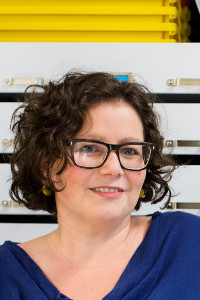
Christina Torres-Rouff is Professor of Anthropology in the Department of Anthropology and Heritage Studies. She has been at UC Merced since 2012, teaching broadly in biological anthropology. Her research is focused on a contextualized bioarchaeology – the study of archaeological human remains and their mortuary context. Dr. Torres-Rouff’s research focuses primarily on questions concerning prehistoric human social interactions and the manifestation of these interactions on human bodies. Specifically, she engages three themes in her work: the production of social identity, the emergence of inequality, and the human aspects of exchange and mobility. Dr. Torres-Rouff conducts fieldwork and museum-based research in northern Chile and the surrounding regions, exploring the way the body is used to convey a multiplicity of lived identities in death. To do this she analyses skeletal remains for indicators of health and violence as well as deliberate cultural alterations of the body like the practice of binding the heads of children. She studies the way these indicators intersect with large scale patterns in the region and environment as well as with grave goods and indicators of local and foreign affiliation to document societal change. Through collaborative research, integrating of a varied suite of methodologies, her work provides a multifaceted view of the human experience in the past. The bioarchaeological lens that she employs allows for an understanding of the individual lived experience and how together these individual lives shaped community and cultural responses to social and biological environments in the past.



